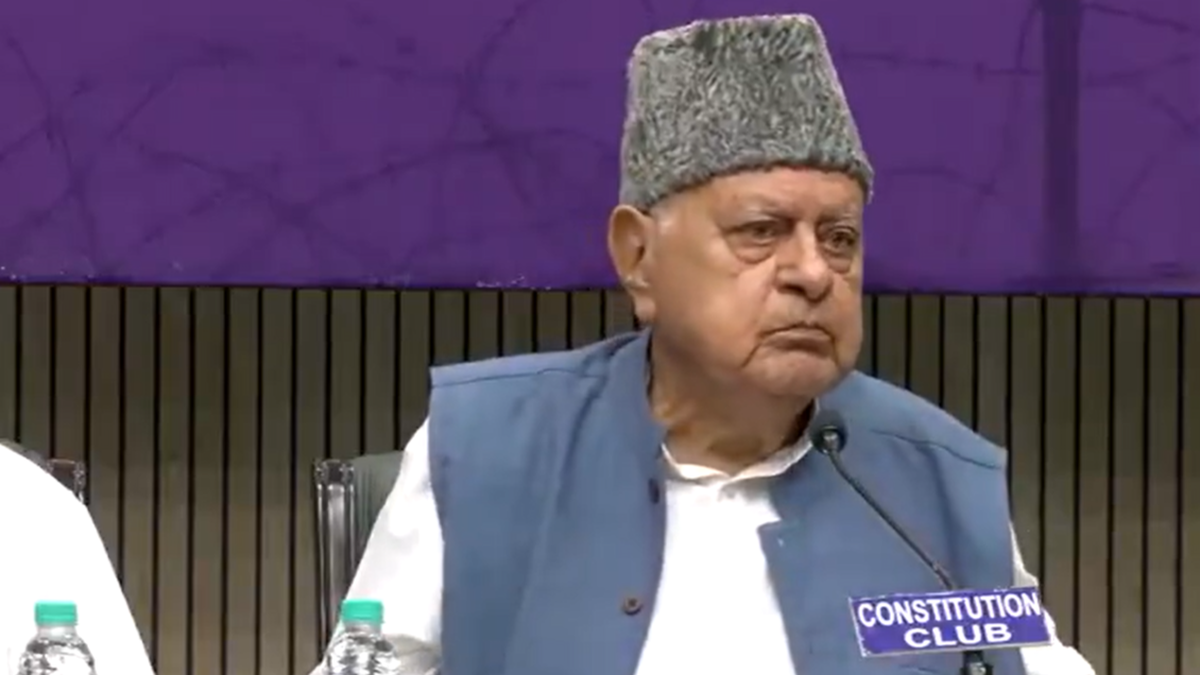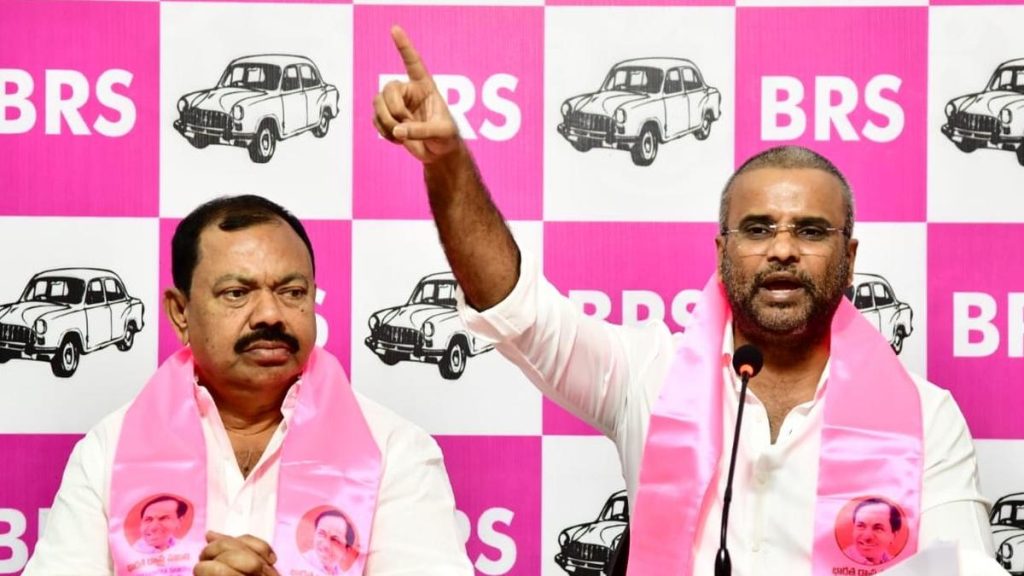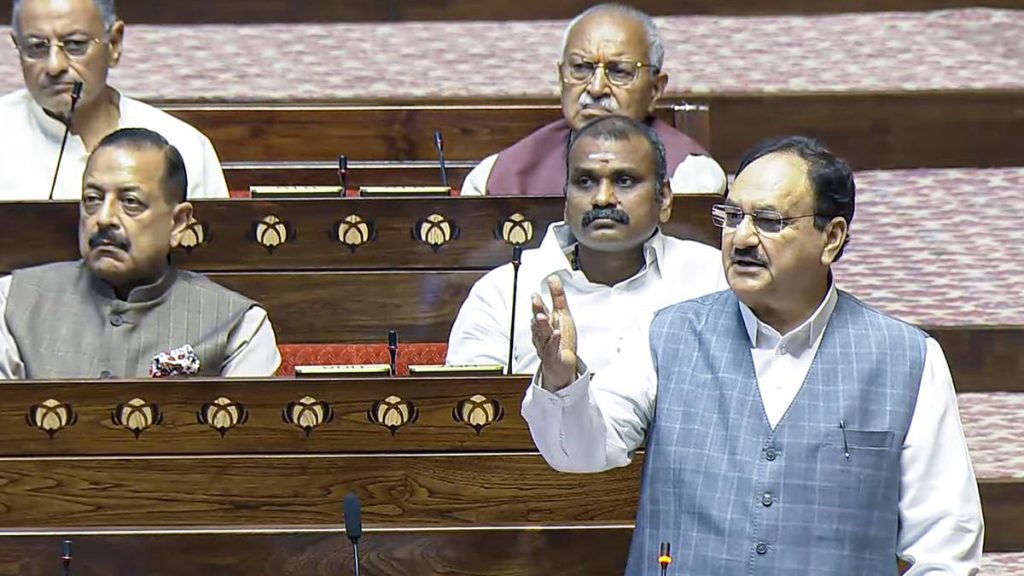Now Reading: J&K Leaders Call for Statehood, Raise Concerns Over Security Lapses in Pulwama, Pahalgam
-
01
J&K Leaders Call for Statehood, Raise Concerns Over Security Lapses in Pulwama, Pahalgam
J&K Leaders Call for Statehood, Raise Concerns Over Security Lapses in Pulwama, Pahalgam

Quick Summary:
- Jammu and Kashmir Deputy Chief Minister Surinder Kumar Choudhary questioned governance in J&K, referencing the Pahalgam terror attack and ongoing issues like corruption under Union Government rule for 11 years.
- The Pahalgam terror attack on April 22, 2025, resulted in the deaths of 26 civilians; perpetrators remain unidentified.
- Former J&K Chief Minister Farooq Abdullah emphasized restoring Statehood and criticized disenfranchisement across regions due to religious or other biases.
- Congress MP Manish Tewari termed the Supreme Court judgment on Article 370’s abrogation contradictory regarding procedure versus outcome.
- Sajjad Kargili from Kargil Democratic Alliance called for reversing the J&K Reorganisation Act, citing threats to local land rights in Ladakh.
- Article 370 was revoked on August 5, 2019; as then, J&K has been split into Union Territories-Jammu & Kashmir and Ladakh-with Statehood restoration still pending despite assurances given during a Supreme Court hearing ahead of Assembly elections held in September 2024.
Indian Opinion Analysis:
The events surrounding governance and security concerns in Jammu & Kashmir underscore critical challenges faced by both policymakers and citizens amid prolonged central administration post Article 370 abrogation. The lack of progress toward restoring Statehood is increasingly becoming a focal point for political leaders across parties who argue that its absence is contributing to political disenfranchisement and crisis management hurdles such as unresolved terror attacks seen at Pahalgam.
Furthermore, critiques from Farooq Abdullah highlight broader concerns about equity-both within regional governance frameworks and also portrayal patterns nationwide-which could evoke stronger public demand for inclusivity reforms beyond territorial autonomy debates alone. The perspectives shared by representatives like Sajjad Kargili also underline growing disquiet among Ladakhi communities about preservation of their distinct cultural identity post-reorganization efforts.
While legal interpretations remain divided on procedural precedents set with Article 370’s removal (per assessments like those laid out by Manish Tewari), calls have emerged not merely questioning its outcomes but proposing alternate reconciliatory measures ensuring stability-driven participative roadmap implementation across UT zones.
Read More: The Hindu
























